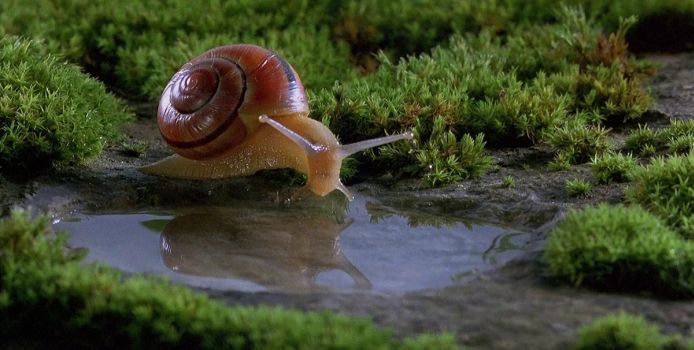politics

Frank Sinatra, whose 100th birthday would have been this December, was one of the great entertainers of the 20th century. He had an exceptional voice that made him perhaps the most influential vocalist in history, but Sinatra doesn’t sing a note in his best movie, the Cold War thriller The Manchurian Candidate (1962). This deft political drama, which wouldn’t have been made without Sinatra’s intervention, uncannily predicts many of the tumultuous events of the 1960s and beyond.

Watch Our Lad here. Our Lad, brought lovingly to life by director Rachna Suri, is a compelling insight into a British Muslim community and the conflict between two brothers. The short film stars Shazad Latif (The Second Best Exotic Marigold Hotel) as a young Muslim soldier returning from Afghanistan to an antagonistic brother and community.
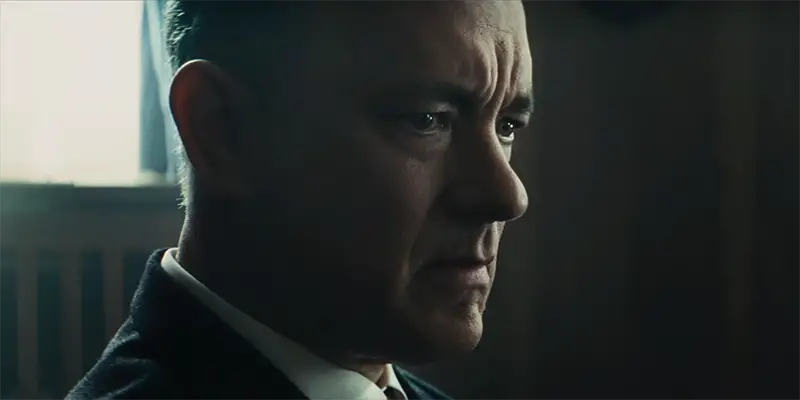
Bridge of Spies is not what I would call a happy film. Gray snow envelopes the dilapidated East German cityscape and we find Tom Hanks’s character interacting with others primarily in poorly lit, often dank rooms. Nearly all of the characters are entirely self-interested with blinders positioned perfectly to block out the undesired effects their actions can have on others.
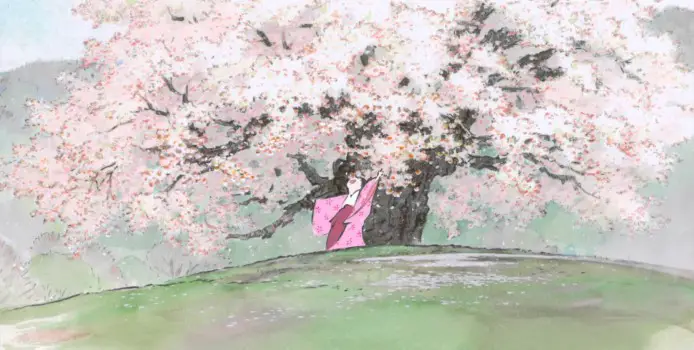
The Tale of the Princess Kaguya tells the folklore of a Japanese princess born from a bamboo stalk in the heavens and raised as the child of an elderly agrarian couple. She lives and grows up rapidly right before our eyes, just like the bamboo from which she was bred. She was meant to live a more “normal” life, though, and is soon thrust into a lifestyle that contradicts her humble upbringings.
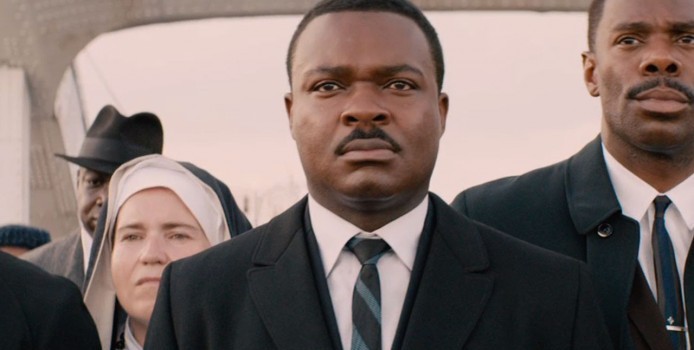
John Legend and Common’s powerful performance of Best Original Song nominee, “Glory,” and brave acceptance speech was one of the highlights of the Oscar ceremony last week. That song was a resonant soul/hip-hop combo that captured the atmosphere of its source film well: Ava DuVernay’s Selma, a historical drama about Martin Luther King and the Voting Rights Act of 1965.
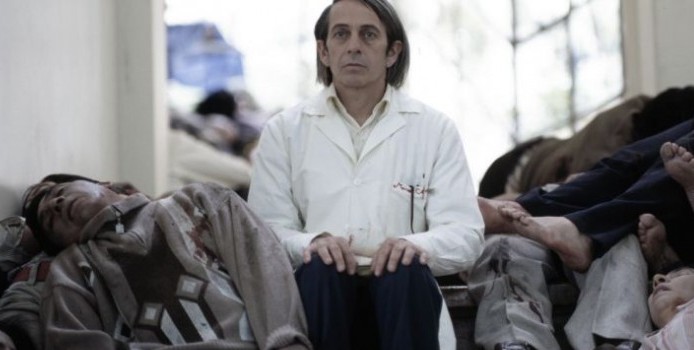
Chilean Filmmaker Pablo Larraín never mentioned the word Trilogy when he embarked on creating Tony Manero (2008), Post Mortem (2010) and No (2012), however, these three films do act as part of a whole: Larraín’s vision regarding Pinochet’s military coup of 1973 and the ensuing dictatorship. Tony Manero and Post Mortem are both grim parables of folks stuck in a moral stupor, wandering the streets of a Chile that no longer knows itself, that silently witnesses the arrest and disappearance of hundreds of people every day, violence and torture a common thing and a convenient shroud for the crimes of civilians.
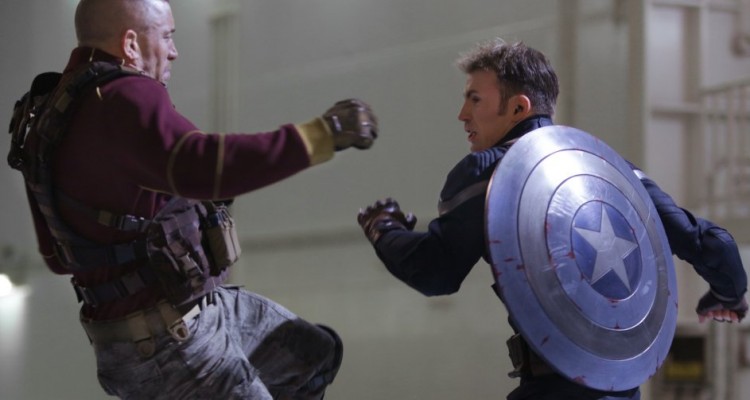
“Dulce et decorum est pro patria mori” – Horace “It is sweet and right to die for one’s country”. Most famously, and aptly, used by the World War I era poet Wilfred Owen in his poem, “Dulce Et Decorum Est-,” about knock kneed soldiers slogging through dirt and grime within dangerous trenches on the European front. The quote is haunting in both Owen’s and Horace’s context, even if it also belies a satirical edge.
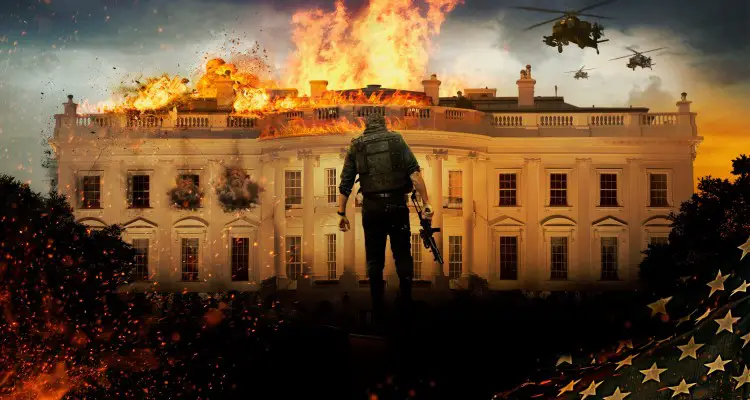
The director of Training Day (2001) (a respectable movie to say the least) has made the most hilariously ridiculous, cringe-inducingly bad movie I’ve seen in some time. Boasting a cast of renowned actors like Gerard Butler, Aaron Eckhart, Morgan Freeman, Angela Basset, even this ensemble could not save it. Olympus Has Fallen opens on Christmas eve, showing a happy president, a happy first lady, a really happy kid, happy bodyguards – until something awful happens (of course).


